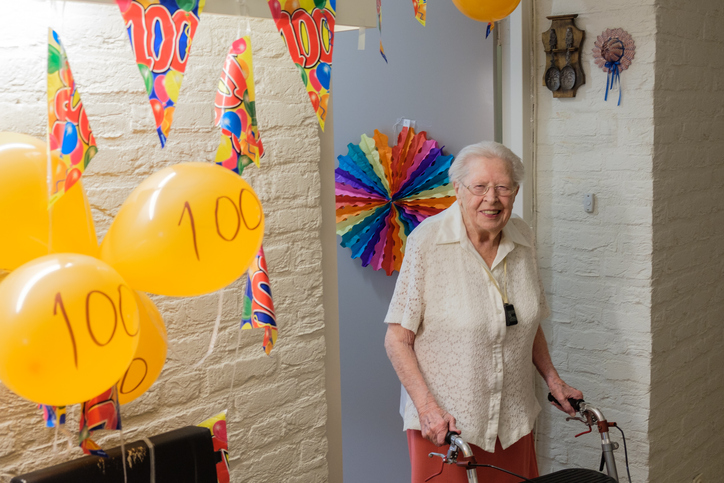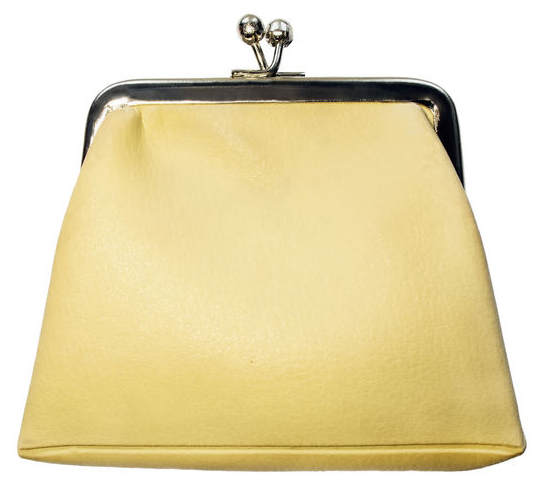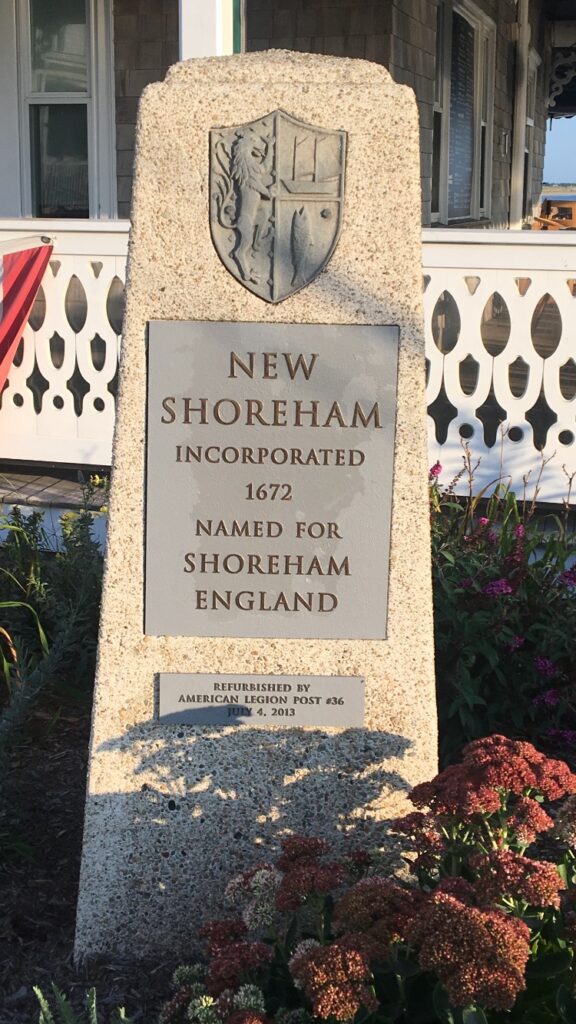
Sometimes the Spirit moves me to attend a weekday mass. One thing that is different when I attend mass during the week is the age population. For obvious reasons, there are no young families and typically no working age adults.
What is GLARINGLY different, while not surprising, is the GENDER of those age 70+ in attendance.
You guessed it – WOMEN.
Women live longer than men. It’s that simple.
But when it comes to the financial implications of this fact for women, it’s not simple at all.
Merrill Lynch put out a study back in 2017 about women and financial wellness. Despite the fact that 2017 is feeling like a lifetime ago these days, there are some great points and statistics that I always refer back to.
- 42% of women fear they will run out of money by age 80. This rises to 60% if they live to 100.
- 41% of women report their biggest financial regret is not investing more.
- 60% say that not having the knowledge to invest is their #1 barrier.
- 87% feel basic financial management should be a standard part of the HS curriculum (I could not agree more).
- 41% of mothers report that becoming a mom made it harder to advance their career.
- 2/3rds of elder care for family members is provided by women.
These last two points in particular point to the paradox that while we often find great joy and sense of purpose in providing care at these various life stages, and would “never trade that time for anything” (I speak from experience on both), it can also be extremely stressful and challenge us financially, both now and in our future.
Adding to this is the fact that some of us may be taking care of partners that age before us, and our mutual savings begins to diminish quickly on care needs arising for them, leaving less for the remaining partner to live out their life comfortably.
Finally, the study also reported almost 30% of women ages 30 to 44, which are important saving years due to the power of compounding, say they have not started planning at all for their future.
As a woman, you should be planning for your financial support at least through age 95.
And retirement and longevity planning shouldn’t be starting AT RETIREMENT, it should be well before, while you are earning an income and have time to make adjustments as needed.
There are always tradeoffs between our lives personally, professionally, financially and emotionally. Finding the balance between all of them is the ongoing challenge we as women continue to face.
My Favorite Quotes

This quote from the study highlights one of the reasons I particularly enjoy working with women in my practice.
“Women make more values-based decisions for themselves and their families, rather than just going for the bottom line. When you bring values into the conversation, it makes all the difference”.
-Jeanette Schneider, Senior VP at US Trust







